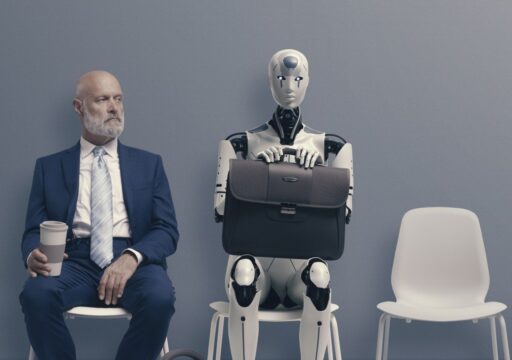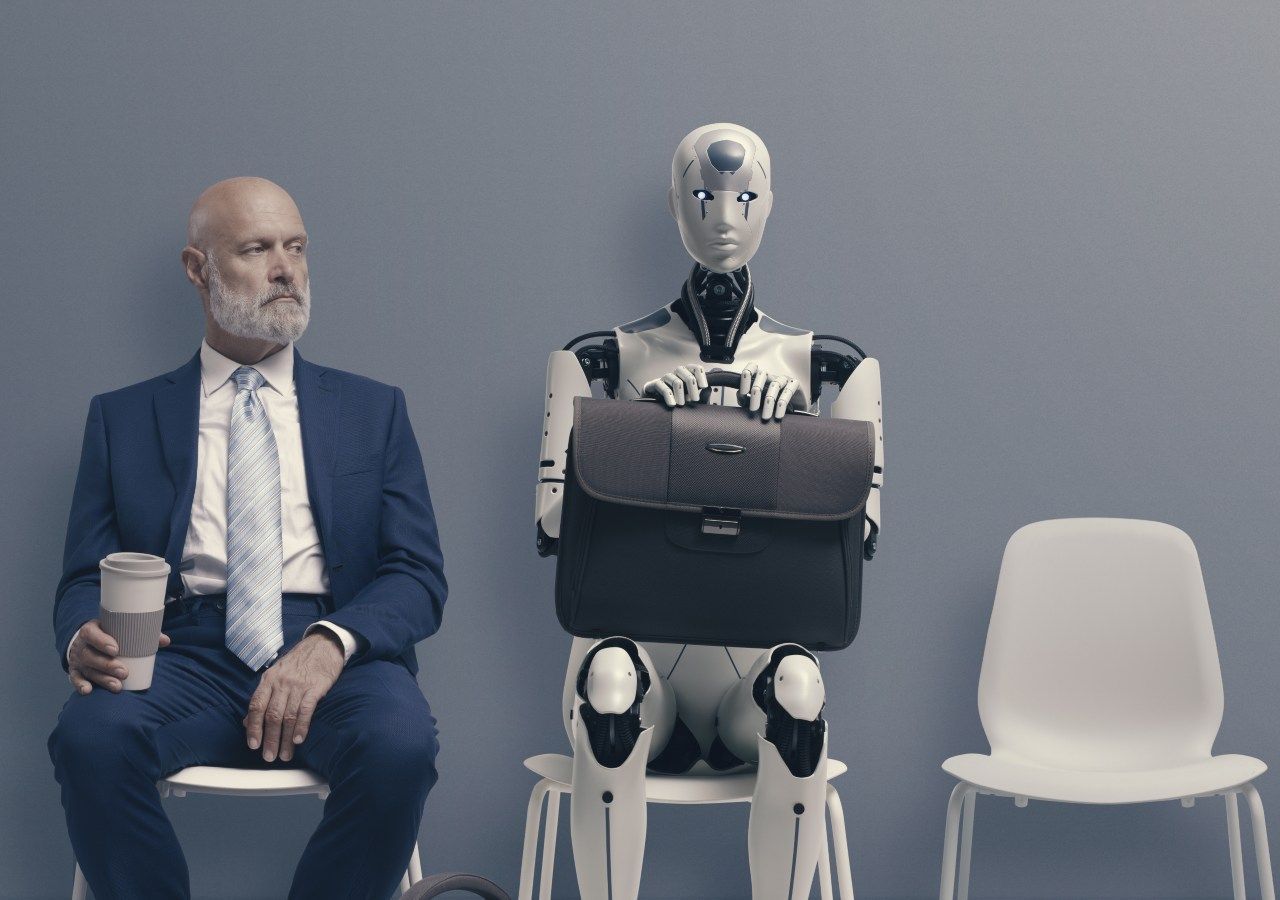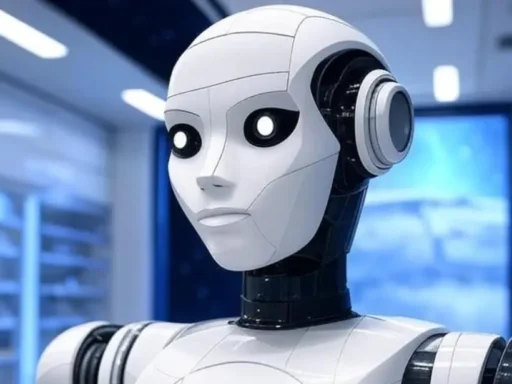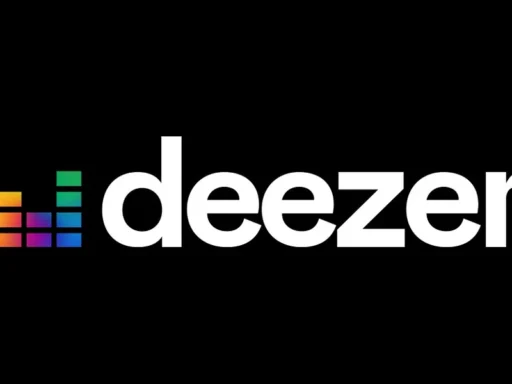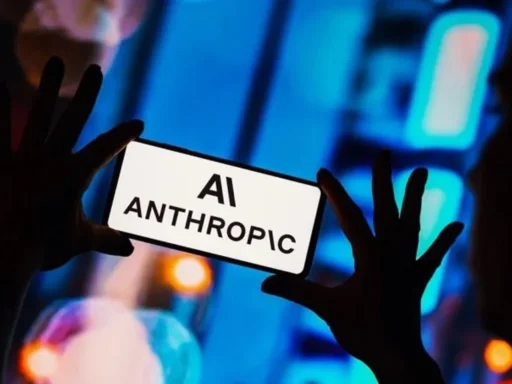Ever found yourself wondering if your job might soon be handed over to a robot—or worse, an algorithm you can’t even see? You’re not alone. The conversation about “Will AI really decimate human jobs?” is everywhere: headlines predict mass layoffs while tech conferences promise new opportunities just around the corner. It’s confusing, sometimes overwhelming, and honestly—downright nerve-wracking if you work in tech or plan to enter the field.
As someone who’s watched Silicon Valley evolve from dial-up days to smart assistants that finish our sentences, I know these fears aren’t just hype—they’re grounded in big changes we all feel. But here’s the deal: most experts agree that while some tasks (think routine data entry or assembly lines) may disappear, jobs as a whole won’t simply vanish overnight. Instead, work itself is changing shape right before our eyes.
Let’s break down what this transformation actually looks like—without dodging any tough truths—and figure out how real people like you and me can stay ahead of the curve (and maybe even thrive).
The Truth Behind Job Loss Fears In The Age Of Ai
The question on everyone’s mind lately seems simple: Will AI really decimate human jobs? Everywhere you turn there are stories about self-checkout machines replacing cashiers or chatbots handling customer questions with lightning speed. Naturally, folks start picturing entire offices replaced by rows of humming servers.
But let’s cut through the panic with a little context. Historically speaking, every major technological leap—from steam engines to personal computers—sparked worries about massive job loss. Sure, some roles faded away (farewell elevator operators!), but each era also brought unexpected new opportunities and career paths nobody could have predicted at first glance.
So what makes today different? Here are a few realities to keep front-and-center:
- AI loves routine—but struggles with nuance: Most automation targets repetitive tasks: think sorting invoices or scanning barcodes rather than designing new software architectures.
- Transformation beats elimination: Even when parts of a job get automated, humans often shift into more strategic roles—like project management or creative problem-solving.
- Workforce adaptation isn’t optional anymore: Those willing to learn and pivot stand a much better chance of thriving as tech evolves.
Take manufacturing as an example: yes, robots now build cars faster than ever before—but skilled workers are needed to design those robots and oversee quality control processes they can’t handle alone. Or look at healthcare; AI helps flag unusual X-rays within seconds but doctors remain essential for nuanced diagnoses and empathy-driven patient care.
| Industry | Main Tasks Automated By AI | Human Value Add Remains Strong In… |
|---|---|---|
| Manufacturing | Assembly line operations | Troubleshooting complex issues, machine programming & safety checks |
| Healthcare | X-ray analysis, scheduling appointments |
Pediatric care, difficult diagnosis, end-of-life conversations |
| Customer Service | Answering FAQs via chatbot | Crisis resolution, bilingual support, empathy for upset clients |
| Data Analysis | Anomaly detection, manual spreadsheet processing |
Telling the story behind data trends, audience-specific reporting |
The bottom line? Automation rarely wipes out entire professions—it changes where humans spend their time (and energy). For many workers that can mean less drudgery and more engaging projects (assuming training keeps up with demand!).
Stick around—we’ll dig deeper into how these shifts are impacting specific tech roles next.
Navigating The New Normal: Tech Skills And Adaptation Strategies For Ai Disruption
If you’ve been scanning LinkedIn lately—or chatting with coworkers—you’ll notice something interesting: everybody wants to talk about reskilling. As AI takes over more administrative chores in programming and IT support, developers find themselves nudged toward roles that blend technical chops with creative thinking.
Here’s how real-world professionals are adjusting:
- Pursuing certifications in emerging areas like machine learning engineering or cloud architecture.
- Tapping into online courses for skills outside traditional coding — like user experience design or ethical hacking.
- Cultivating soft skills such as critical thinking, communication across teams, and adaptability amid uncertainty.
- Latching onto mentorship programs inside their companies so they don’t reinvent every wheel solo.
It boils down to this: The winners in tomorrow’s workplace will combine deep expertise with enough flexibility to ride out whatever comes next—even if it’s delivered by an algorithm instead of a boss.
We’ll explore exactly which roles are disappearing (and which ones are popping up like mushrooms after rain) next time.
What’s Really at Stake: Will AI Really Decimate Human Jobs?
Picture yourself sitting with a friend, scrolling through headlines predicting robots taking over everything from burger flipping to brain surgery. It’s unsettling. Folks are genuinely worried—will AI really decimate human jobs, or is that just clickbait hype?
Most of the noise out there says we’re headed for disaster, but let’s cut through it and talk about what’s actually happening in workplaces right now. Sure, automation is on the rise—especially for tasks you could practically do in your sleep, like entering data or sorting packages. Still, the whole truth isn’t as apocalyptic as some might think.
Take manufacturing. Robots have rolled onto assembly lines and made certain repetitive chores vanish—but humans haven’t disappeared from these factories. Instead, workers pivot to managing machines or handling more complex problems when things don’t go by the book.
Or look at healthcare. There are AI systems spotting diseases in X-rays quicker than some doctors, but nobody’s firing all the nurses and physicians. What changes is their focus: less time buried under paperwork or simple diagnostics; more time with patients who need real empathy and expert judgment.
The Shifting Landscape: Transformation Over Total Loss
Here’s where most experts land—AI doesn’t come swinging an ax across every job title in existence; instead, it acts like a chisel that reshapes roles and carves out new opportunities where none existed before.
Reports from big names (think World Economic Forum and McKinsey) keep hammering home one point: yes, some jobs will fade out (especially those built on routines), but a fresh crop springs up in fields like data analysis, machine learning development, ethics consulting—even robot maintenance! Some of today’s high schoolers might grow up to work in industries no career counselor even mentions yet.
That said, transitions can be rocky. Workers without access to retraining face tough times when old gigs disappear faster than new ones arrive. Here comes the “skills gap”—the real villain of this story—not AI itself but our lagging efforts to help people learn what they’ll need next.
Will AI Replace Everyone? The Truth About Job Augmentation vs Replacement
Not every task handled by people today is ripe for replacement by software or robots. If your daily grind involves creativity (designing ads), critical thinking (troubleshooting engineering snafus), or emotional smarts (counseling clients)—congratulations! You’re holding cards that machines still struggle to play well.
- AI handles dull duties: Crunches numbers fast or answers FAQ-style customer questions.
- Humans shine where it counts: Building trust with clients; brainstorming wild ideas; making judgment calls when rules run out.
- Together = better: When humans use AI as a tool—a smart sidekick—they often get more done without burning out on boring bits.
A Realistic Look at Who Wins—and Who Worries Most With AI Changes
Let’s get specific for a second. Some sectors—like call centers—already lean hard into chatbots handling routine inquiries so staff can focus on tougher cases needing tact or deeper expertise. In manufacturing plants filled with robotics techs overseeing machines rather than operating them directly, new titles pop up overnight (“robot wrangler,” anyone?).
But not everyone lands safely on their feet after disruption hits. Picture truck drivers facing self-driving rigs or entry-level office workers watching software eat away at form-filling chores. For these groups especially, serious investment in reskilling programs isn’t just nice—it’s necessary if we want fewer casualties along the way.
The Upside: New Opportunities Born From Artificial Intelligence Growth
It would be easy to stick with doom-and-gloom forecasts—but history tells another story if you zoom out far enough.
Remember when ATMs were supposed to wipe out bank tellers? Tellers didn’t vanish; banks found ways to put them on trickier tasks while opening even more branches thanks to cost savings elsewhere.
The future holds similar promise—with entirely new jobs cropping up alongside enhanced versions of old ones:
- AI trainers teaching bots how real people speak;
- Data detectives unearthing insights for smarter business moves;
- Ethics advisors steering companies away from algorithmic bias.
So yes—the landscape shifts underfoot—but careers grow back stronger roots when folks adapt together.
Navigating Change Without Losing Sleep Over Automation Myths
If reading about workforce upheaval makes you anxious about tomorrow’s paycheck—you’re not alone!
But blanket statements like “robots will take all our jobs” leave out crucial context: technology has always sparked waves of anxiety (remember elevator operators?). Over time society adapts because innovation creates as much opportunity as risk.
The lesson? Stay flexible; stay curious; lean into lifelong learning so whatever comes next feels less like being left behind—and more like joining an ever-evolving team where both humans and machines find space to excel.
Will AI Really Decimate Human Jobs? Facing the Big Question Head-On
Let’s cut through the buzz and get real. You’ve seen those headlines screaming that robots are coming for our paychecks, right? Maybe you’re at your desk wondering if some fancy algorithm is about to replace you or someone you know. Maybe you’re a business owner who’s tired of hearing that “AI will take over everything” but secretly wants to know if it’s true. Here’s the plain truth: The question isn’t just “Will AI really decimate human jobs?”—it’s whether this tech wave wipes us out or sets us up for something better.
The story is everywhere, from factory floors to cubicles, with people nervous that automation might mean unemployment lines instead of promotion parties. But here’s what gets buried under all those clickbait titles: Yes, automation shakes things up, but total job annihilation? That’s not what the data says.
The Real Impact of AI on Work: Losses, Gains, and a Whole Lot in Between
Forget the sci-fi movies where machines rebel and humans vanish from offices overnight. What we see in reality is selective impact—AI loves repetitive stuff like data entry, basic customer service scripts, routine manufacturing tasks. Jobs change shape more than they disappear entirely.
- Manufacturing: Robots may weld or assemble parts faster than any human ever could. But guess who programs them? Maintains them? Solves problems when assembly lines jam up? That still takes human smarts.
- Healthcare: Machines can help spot cancer sooner than ever before—but nobody wants a chatbot breaking tough news or holding their hand through chemo.
- Customer Service: Chatbots handle your account password resets with zero complaints (and zero coffee breaks). But irate customers still need human empathy when things really hit the fan.
What about new gigs? As one door closes (or at least changes its locks), another opens wide. There are emerging careers now—AI trainers, ethics auditors, machine learning engineers—that didn’t exist five years ago. I’ve interviewed folks who started as front-line workers and moved into roles teaching AIs how to think less like machines and more like us.
The Skills Gap Dilemma: The Hidden Challenge Behind Automation
Let me tell you a secret most doom-and-gloom reports miss: It’s not AI itself you should be worried about—it’s whether you’re ready for how work evolves around it.
Reskilling isn’t optional anymore; it’s survival strategy number one. Workers must learn alongside machines instead of competing against them head-on (spoiler alert: computers are freakishly good at math drills). For example:
- Upskill in areas only humans excel at—critical thinking, emotional intelligence, creativity.
- Dive into data literacy—every field will use analytics soon enough.
- If tech scares you, don’t run from it; start small by taking a free online course or attending workshops hosted by local libraries or career centers.
The Role of Augmentation: Humans Plus Machines Equals Superpowers?
Here’s where things get interesting—and hopeful. Most research points to augmentation over replacement. Think Iron Man suiting up rather than Terminator hunting down targets.
Take healthcare again: Doctors spend less time buried under paperwork thanks to smart software doing the heavy lifting behind the scenes. Teachers harness adaptive apps that personalize lessons so students actually enjoy learning again (imagine!).
Tough Truths and Silver Linings: Navigating Job Market Transformation With Eyes Wide Open
Does everyone win in this game? Not quite. Some sectors will feel pain first—the same way ATMs changed banking forever decades ago (remember bank teller lines?). And if companies hoard gains while letting communities languish, inequality grows wider.
– Widening income gaps between high-skill/low-skill workers.
– Rapid shifts in demand for specialized skills.
– Ethical questions about privacy and decision-making power.
But every industrial revolution faced these growing pains—and survived by adapting fast.
If there was ever a time to double-down on education reform and lifelong learning incentives—from government grants to employer-paid bootcamps—it’s now.
No Room for Fear-Mongering—Time for Bold Moves Instead
I’ve met warehouse staff learning robotics repair after hours because their plant went digital last year—they weren’t replaced; they were promoted with new skills under their belt.
YouTube hype cycles love disaster stories but rarely mention companies using AI responsibly—instead hiring teams specifically focused on making sure algorithms stay fair and unbiased (that means jobs in AI ethics too).
If there’s one thing we can predict with certainty from looking back at past disruptions (think steam engine factories turning farmhands into mechanics), it’s this:
The winners aren’t always those with flashy tech—they’re people willing to adapt fast and keep learning as industries shift beneath their feet.
Navigating the Future: How Businesses and Individuals Can Win With AI Without Losing Their Humanity
Start here:
- Pursue training opportunities tied directly to growth fields (machine learning doesn’t have to mean coding—there are support roles galore).
- Create policies ensuring workers share in productivity boosts—don’t let all benefits flow upward alone.
- Spark conversations between educators and employers so schools teach what matters today—not just yesterday’s curriculum.
- If you lead teams, foster cultures where curiosity beats complacency—even small experiments with automation can save jobs by boosting company health overall.
- Courage counts twice as much as technical expertise during big transitions—a positive attitude toward change helps everyone sleep easier at night.
The Takeaway on Will AI Really Decimate Human Jobs?
This isn’t judgment day for humanity—it’s reboot day for how we work together alongside smarter tools.
AI will shift millions of roles—but not wipe us out unless we stand still.
Adaptability beats anxiety every single time.
And maybe next time someone asks “Will AI really decimate human jobs?” just remind them—we’ve survived bigger shocks before…with a little grit and a lot of willingness to grow beyond our old job descriptions.
The future belongs not just to coders but also anyone bold enough to keep evolving as technology marches forward beside us—not ahead of us!


